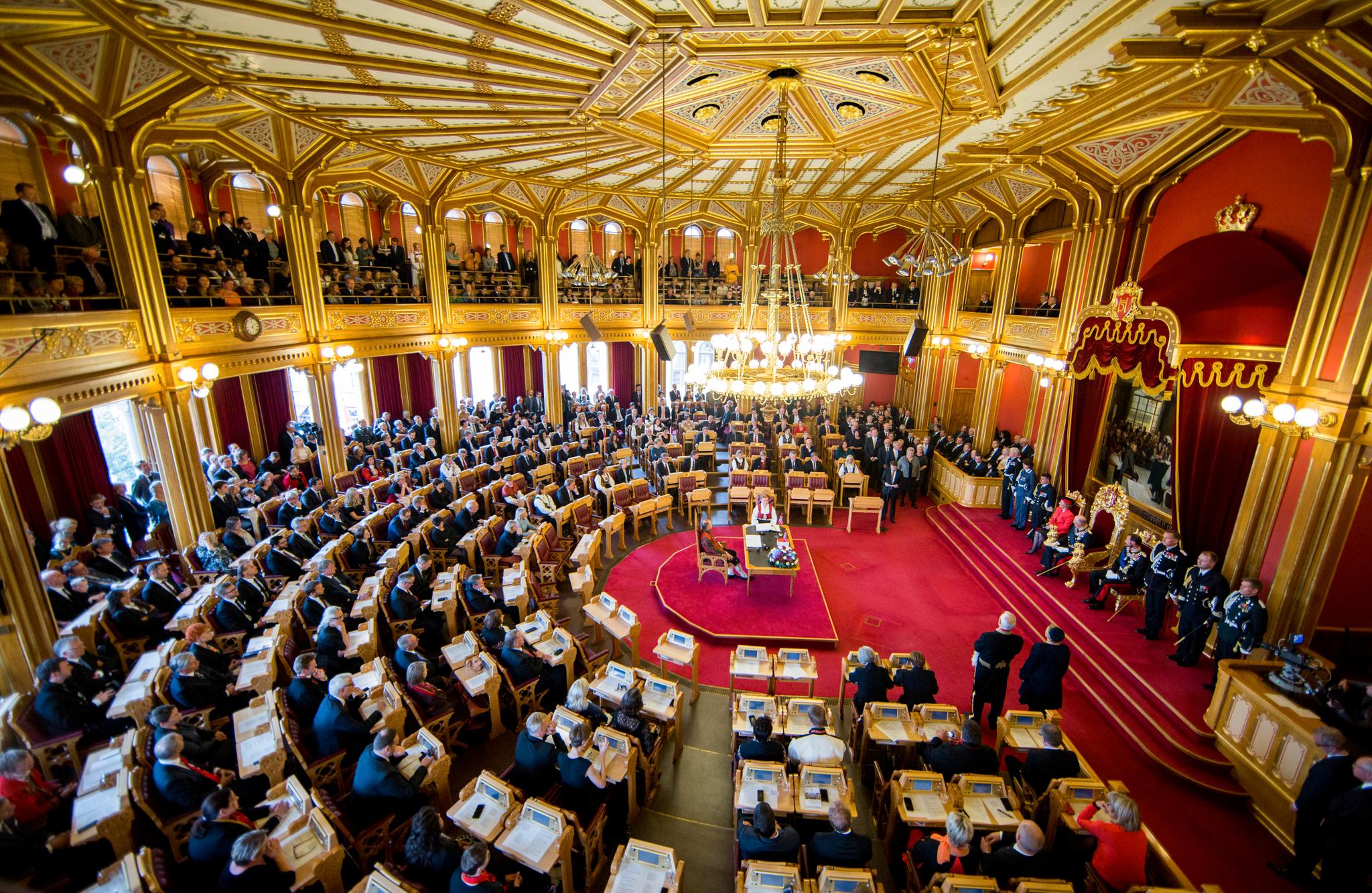In 2014, the Council of Europe’s anti-corruption body (GRECO) asked Norway to reconsider a register for lobbyists. Eight years later, the elected representatives again said no to introducing it – once again.
In a number of articles has VG put the spotlight on the «gold card scheme» to several lobbyists in the Storting.
In short, the scheme means that former elected representatives in the Storting receive access cards for life. This means that they can come and go in the Storting as they wish, even if they work for lobby groups or PR companies that charge for political influence.
That is why the Liberal Party has called for a lobby register a number of times in recent years. All lobbyists entering and leaving the Storting must be registered there. But on Thursday, the Storting’s presidency said no to establishing such a register. Both the Labor Party, the Conservative Party, the Socialist People’s Party and the Green Party said no.
“The presidency has had a thorough review of the proposal,” writes fourth vice president Kari Henriksen (Labor Party) in an e-mail.
The majority believes that a register will not strengthen democracy or increase confidence in the democratic decision-making processes. They point out that the disadvantages may outweigh the advantages.
This is not the first time a lobby register has been discussed in Norway. In both 2010 and 2014, there was also a no. Following the vote in 2014, eight years ago, the Council of Europe’s anti-corruption body (GRECO) asked Norway to reconsider its position.
Asked the authorities to reconsider
In 2014, GRECO was informed of the reasons why a register had not been introduced:
- It would be bureaucratic and difficult to follow up.
- It would require a lot of resources and it could lead to the meetings between politicians and lobbyists being held behind closed doors.
These are largely the same reasons Henriksen states as the reason why the Storting again says no to a register.
– Our main objection to a separate lobby register is that it can help move the meetings to arenas outside the Storting, she says in addition to mentioning problems with “follow-up and bureaucracy”.
GRECO pointed out in its review that several of their sources believed that the lack of regulation against lobbying in the Storting could be a potential problem. The lack of regulation of this was described as a “significant weakness in the system”.
They concluded that increased transparency around such activities in the Storting could have added value and asked the Norwegian authorities to reconsider a register.
 –
–Believes to have taken several measures
Henriksen does not directly answer questions about what the Storting has done to follow up the recommendations to re-evaluate a lobby register, and follow up the recommendations to GRECO. She points out that the Storting has taken several steps to “ensure transparency and counteract suspicion of corruption”:
- A separate mandatory register for positions and financial interests has been introduced for representatives, deputies and members of the government, where recommendations from the Council of Europe’s anti-corruption body (GRECO) have been met.
- The Storting representatives’ ethical guide has a separate point about information and openness, and she believes that it is important that the representatives themselves are aware of their responsibility.
“The majority in the presidency believes that a new register is not necessary to ensure sufficient transparency. Representatives must constantly assess the information they receive on an independent basis. It is part of the responsibility that follows from being a politician “, she writes further.
–


